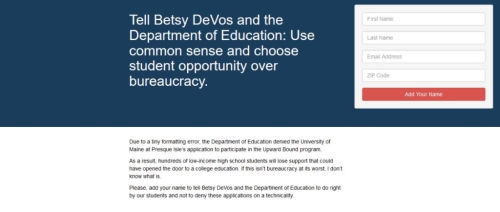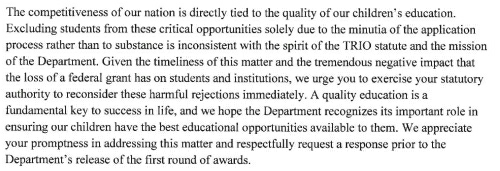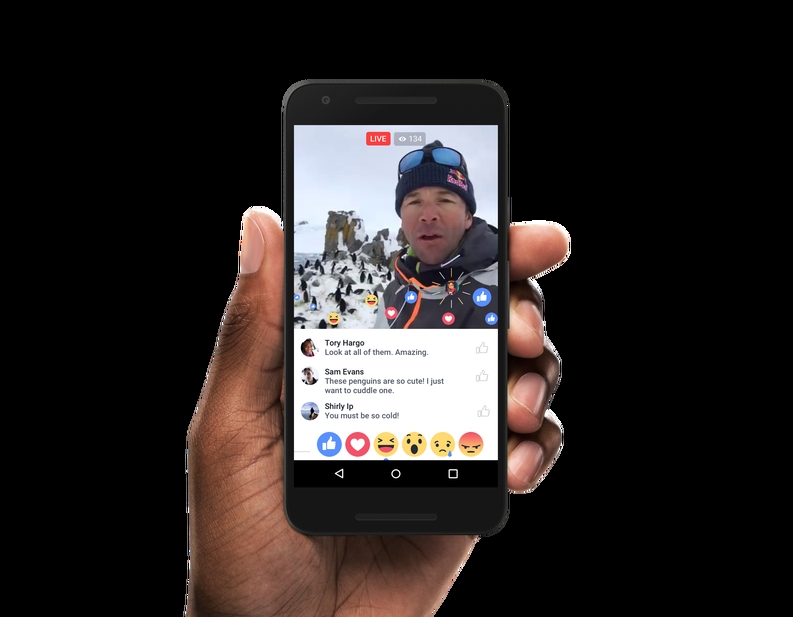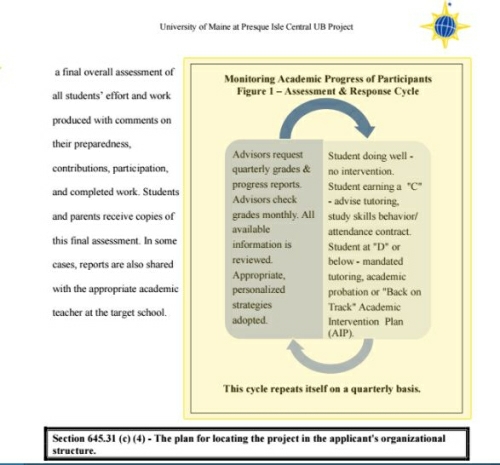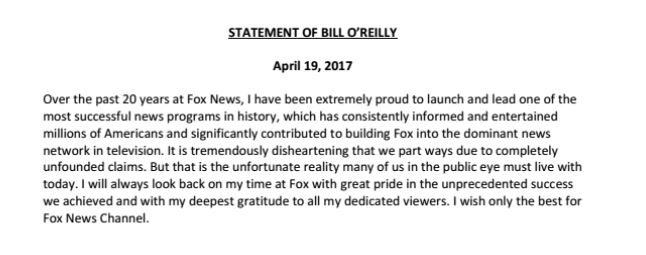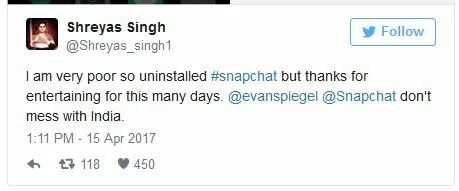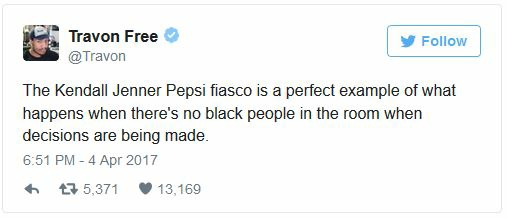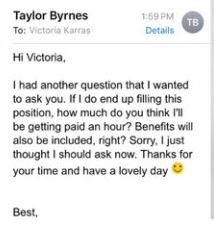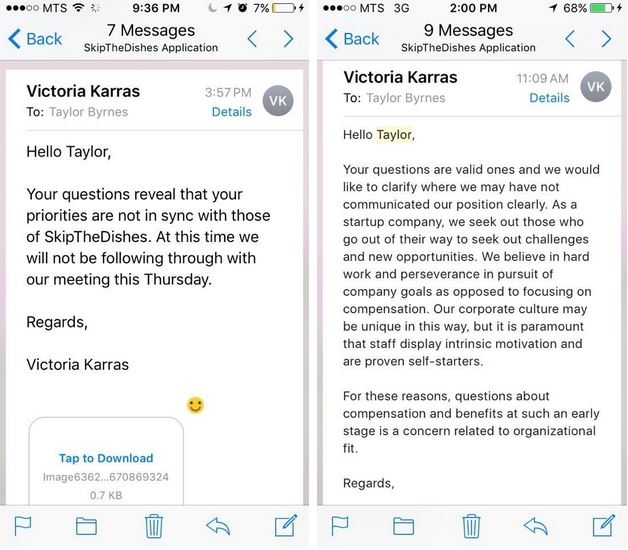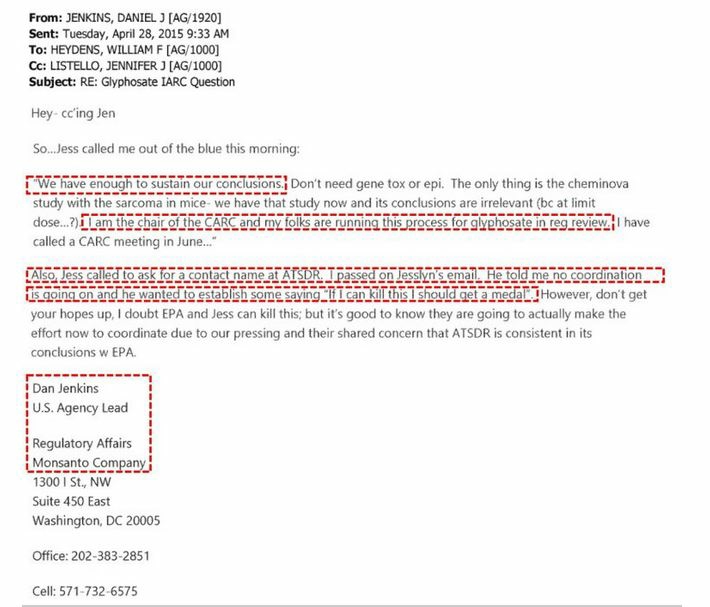DeVos Steps Up About Formatting Rules
/Two weeks ago, Upward Bound applications to help kids get into college were rejected for formatting errors such as line spacing. To protest, 32 members of the House of Representatives signed a letter asking the Department of Education to reconsider the grants that affected approximately 2,700 students; an excerpt is below.
In response, Betsy DeVos, Secretary of Education, established a "new policy" that prevents program officers from using page limits and formatting as "mandatory requirements":
"Program offices may suggest page limits and formatting standards (such as font size, line spacing, and the like) but may not use ignoring these suggestions as a basis to reject grant applications."
In her letter, however, DeVos does not address the recently rejected applications.
Discussion:
- What do you think DeVos should do at this point? What should she consider in her decision?
- Assess the Representatives' letter. What principles of persuasion are used, and how could the letter be improved?
